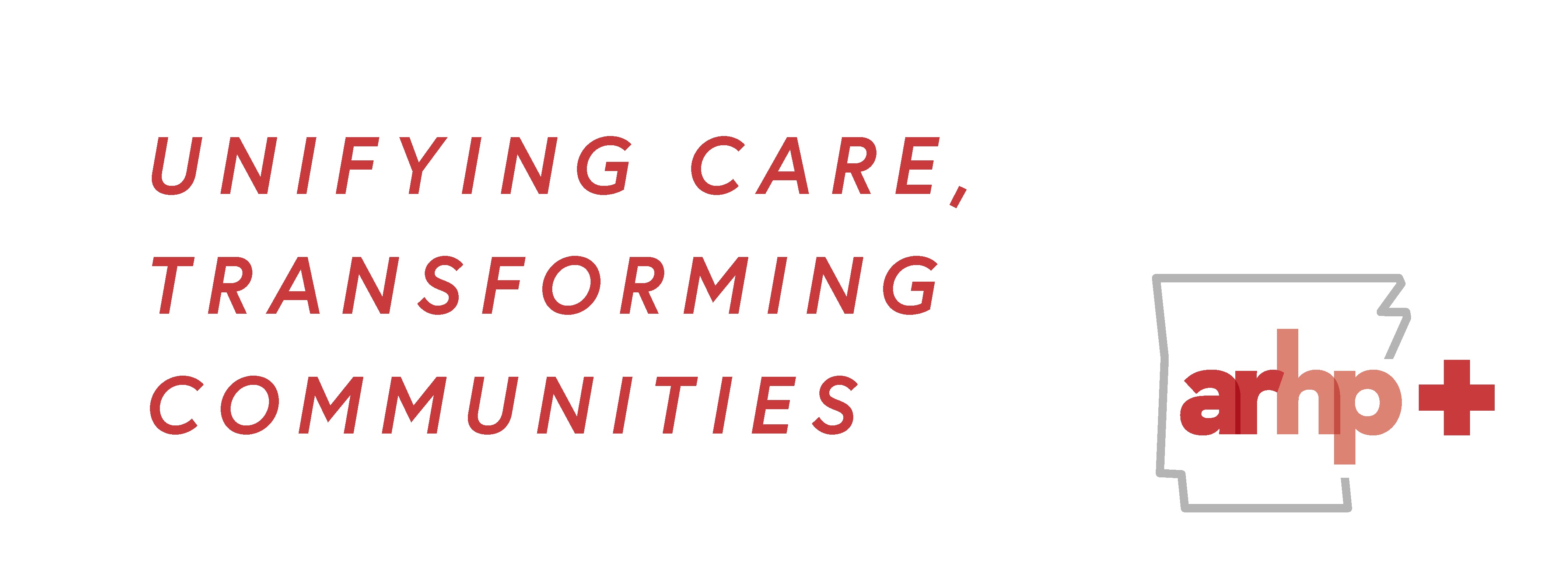NO SURPRISES ACT
Effective January 1, 2022, The No Surprises Act establish patient protection against surprise medical bills for emergency services at out-of-network facilities or out-of-network providers at in-network facilities. The No Surprises Act also enables uninsured patients to receive a good faith estimate of the cost of care.
Your Rights and Protections Against Surprise Medical Bills
When you get emergency care or are treated by an out-of-network provider at an in-network hospital or ambulatory surgical center, you are protected from balance billing. In these cases, you shouldn't be charged more than your plan's copayments, coinsurance and/or deductible.
What is "balance billing" (sometimes called "surprise billing")?
When you see a doctor or other health care provider, you may owe certain out-of-pocket costs, like a copayment, coinsurance, or deductible. You may have additional costs or have to pay the entire bill if you see a provider or visit a health care facility that isn't in your health plan's network.
"Out-of-network" means providers and facilities that haven't signed a contract with your health plan to provide services. Out-of-network providers may be allowed to bill you for the difference between what your plan pays and the full amount charged for a service. This is called "balance billing." This amount is likely more than in network costs for the same service and might not count toward your plan's deductible or annual out-of-pocket limit.
"Surprise billing" is an unexpected balance bill. This can happen when you can't control who is involved in your care-like when you have an emergency or when you schedule a visit at an in-network facility but are unexpectedly treated by an out-of-network provider. Surprise medical bills could cost thousands of dollars depending on the procedure or service.
You're protected from balance billing for:
Emergency Services
If you have an emergency medical condition and get emergency service from an out-of-network provider or facility, the most they can bill you is your plan's in-network cost-sharing amount (such as copayments, coinsurance, and deductibles). You can't be balance billed for these emergency services. This includes services you may get after you're in stable condition, unless you give written consent and give up your protections not to be balanced billed for these post-stabilization services.
Certain service at an in-network hospital or ambulatory surgical center
When you get services from an in-network hospital or ambulatory surgical center, certain providers there may be out-of-network. In these cases, the most those providers can bill you is your plan's in-network cost-sharing amount. This applies to emergency medicine, anesthesia, pathology, radiology, laboratory, neonatology, assistant surgeon, hospitalist, or intensivist services. These providers can't balance bill you and may not ask you to give up your protections not to be balance billed.
If you get other types of services at these in-network facilities, out of network provider cant's balance bill you, unless you give written consent and give up your protections.
You're never required to give up your protections from balance billing. You also aren't required to get out-of-network care. You can choose a provider or facility in your plan's network.
When balance billing isn't allowed, you also have these protections:
• You're only responsible for paying your share of the cost (like the copayments, coinsurance, and deductible that you would pay if the provider or facility was in-network). Your health plan will pay any additional costs to out-of-network providers and facilities directly.
• Generally, your health plan must:
1. Cover emergency services without requiring you to get approval for services in advance (also known as "prior authorization")
2. Cover emergency services by out-of-network providers.
3. Base what you owe the provider or facility (cost-sharing) on what it would pay an in-network provider or facility and show that amount in your explanation of benefits.
4. Count any amount you pay for emergency services or out-of-network services toward your in-network deductible and out-of-pocket limit.
If you think you have been wrongly billed, contact BCMC Billing Department 870-226-4319. The federal phone number for information and complaints is: 1-800-985-3059.
Visit www.cms.gov/nosurprises/consumers for more information about your rights under federal law.
You have the right to receive a "Good Faith Estimate" explaining how much your medical care will cost
Under the law, health care providers need to give patients who don't have insurance or who are not using insurance an estimate of the bill for medical items and services.
• You have the right to receive a Good Faith Estimate for the total expected cost of any non-emergency items or services. This includes related cost like medical tests, prescription drugs, equipment and hospital fees.
• Make sure your health care provider gives you a Good Faith Estimate in writing at least 1 business day before your medical service or item. You can also ask your health care provider, and any other provider you choose, for a Good Faith Estimate before you schedule an item or service.
• If you receive a bill that is at least $400 more than your Good Faith Estimate, you can dispute the bill.
• Make sure to save a copy or picture of your Good Faith Estimate
For questions or more information about your right to a Good Faith Estimate, visit www.cms.gov/nosurprises or call Bradley County Medical Center Business Office at 870-226-4100.




